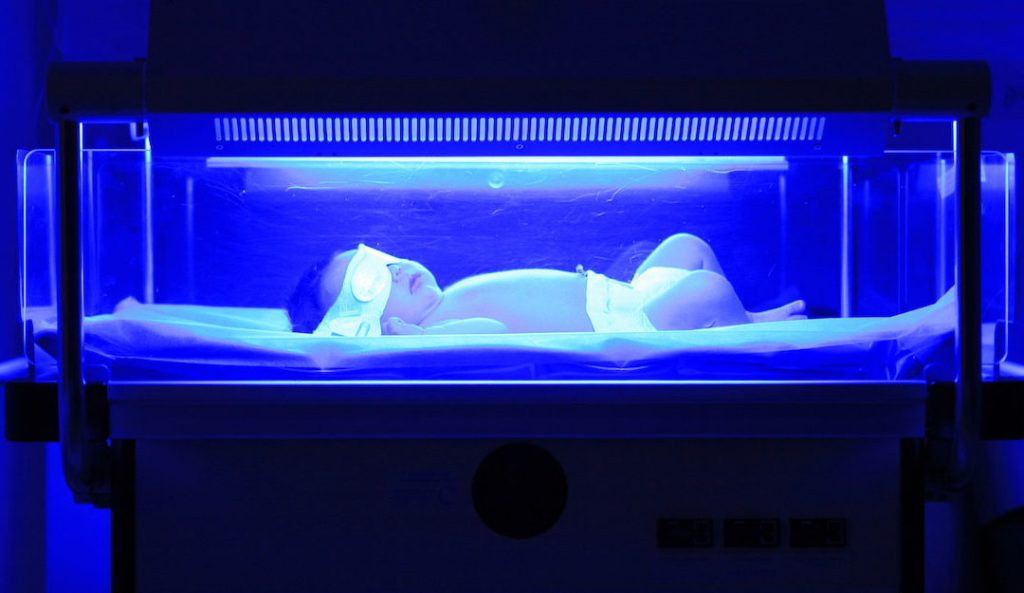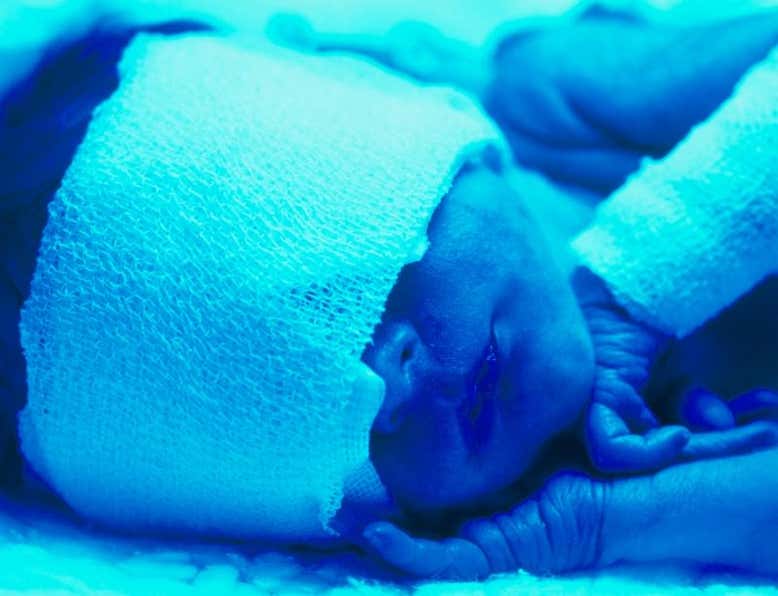An innovative box called Crib A’Glow has been invented recently. It is a low-cost phototherapy solution for treating newborn babies with neonatal jaundice. It is a condition in which a baby’s skin and the whites of the eyes appear yellow due to excess bilirubin. This can lead to a loss of hearing, blindness, brain damage, and even death, which is why instant treatment is recommended.
Crib A’Glow was developed by Virtue Oboro, a mother and graphic designer from Nigeria, after her son’s experience with jaundice. After giving birth in 2015, Oboro noticed the classic yellow hue commonly associated with the disease in her son, and right after, he was diagnosed with jaundice. However, the lack of phototherapy units in the hospital led to his health being deteriorated to the point that a blood transfusion was needed immediately.

Phototherapy exposes infants to light, eradicates excess bilirubin, and cures jaundice. In many hospitals, scarcity of light units, and ignorance of both the dangers and severity of the disease can lead to irreversible outcomes.
In order to find a solution, Oboro collaborated with medical professionals and biomedical engineers to build a prototype, and Crib A’Glow which is a solar-powered, foldable, and low-cost phototherapy unit, came into being.
The unit’s light rays focus on the baby’s body to ensure maximum efficiency while employing LED lights prevents skin burns, dehydration, and rashes, which can be common side-effects of devices like this. Afterward, the founding company, Tiny Hearts Technologies would be Oboro’s next mission.

This device eliminates issues of access, cost, and irregular power sources that make treating the condition so difficult. By virtue of its innovative design, it has now a place in the pediatric units of many hospitals in the Federal Capital Territory, like Maitama, Wuse, and Asokoro District Hospitals.
550,000 babies have now been saved till now. Oboro is continuing to make progress in eradicating neonatal jaundice and raising awareness throughout Nigeria and hopes that the units can be utilized in every Nigerian hospital in the future, especially in remote rural areas.


